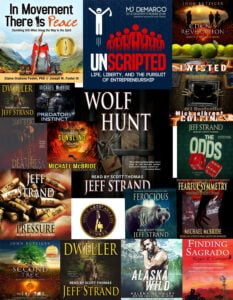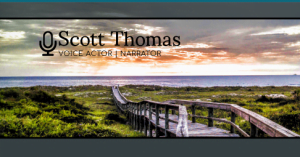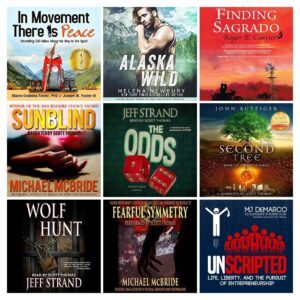A Good Story, Well Told

Musings at the Mic – BY SCOTT THOMAS One of the things I’ve learned over […]
Why Hire a Professional Narrator?

Musings at the Mic – BY SCOTT THOMAS We’ve all seen them. We’ve heard them, too. The local radio, cable or tv commercial that would make a corpse cringe. Bad audio, poorly written, horribly read. Sometimes, they’re so bad, they are memorable – but for the […]
Audiobook Narration

Musings at the Mic – BY SCOTT THOMAS Have you ever run a marathon? To narrators and voice actors, audiobook narration IS the marathon of voice overs. On average, we’re talking around five hours of continuous recording every day – day after day, possibly week after week…and that’s just to complete one project. Finish […]
